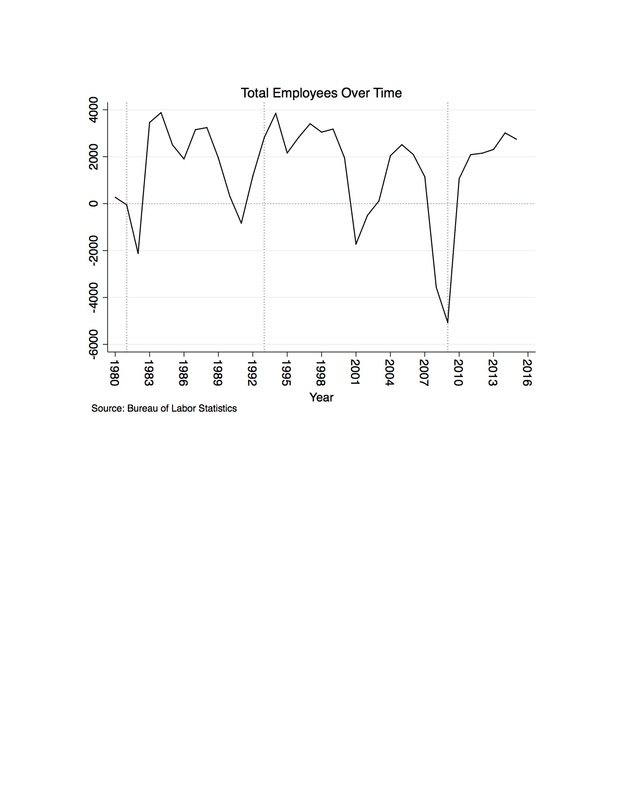This is dangerous, for reasons that I and many others have articulated. Now I thought I’d provide some perspective on just how rare voter fraud is, by highlighting some strange events that, strange though they are, happen more often than does voter fraud.
- Coconuts falling on peoples’ heads cause approximately 150 deaths annually.
- 12 high school and college football players die annually.
- Nearly two dozen people die each year from flying champagne corks (over a third of which are at weddings).
- Bee stings cause approximately 100 deaths each year.
- Burns from scalding tap water cause approximately 100 deaths each year.
- More than 2,500 left-handed people are killed annually around the world using equipment designed for right-handed people.
- 22 people are killed each year from apparently sub-optimal encounters with cows.
- And because I can’t resist a West Wing reference, there is a slightly higher rate of death trying to get snacks out of vending machines, averaging 2.18 deaths per year.
We still get our caffeine or munchies fixes with the office vending machine. We don’t necessarily preclude our children from playing football. We certainly don’t stop using tap water and champagne is consumed frequently on holidays and other celebrations. And as a lefty myself, I certainly brave the right-handed world on a daily basis.
And these are all things with potentially fatal consequences. Voter fraud involves someone opting to break a law to be in all likelihood a not-remotely-pivotal actor in an election. Thus, we are almost assured not to feel the effect of these incredibly rare instances. The next time you’re concerned about voter fraud impacting American elections, consider the far greater – but still very obscure – threats that we face daily.

 RSS Feed
RSS Feed